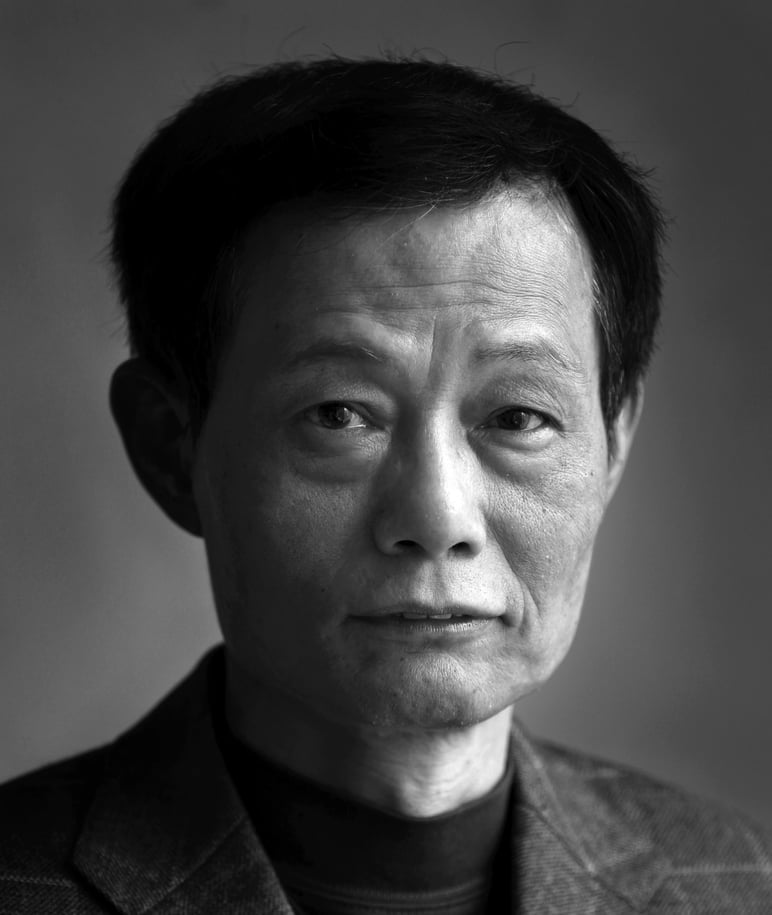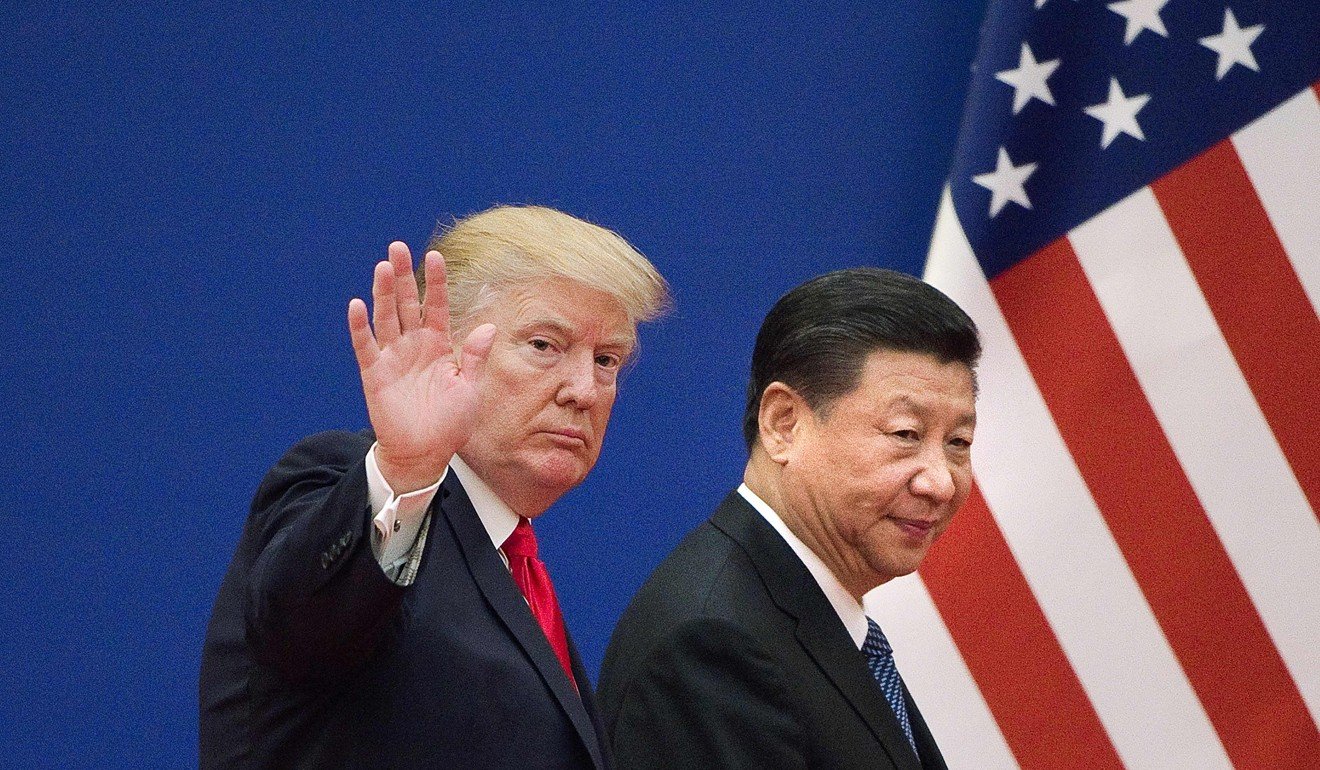
Why Xi Jinping’s term limits move makes China-US conflict more likely
America’s policy towards China has long been that interaction could help the countries grow closer. But as Mao-style, one-man rule returns, they are growing apart – raising fears in the West that confrontation is inevitable
Many Western analysts see the move to remove term limits on the Chinese presidency – a move that will enable Xi to become president for life – as a major setback in Chinese politics, something that harks back to the one-man rule of the Mao era.
For nearly half a century since Nixon’s ice-breaking trip to China in 1972, all US administrations, from Ford to Obama, have chosen to engage with China – reasoning that interaction would help the communist state to evolve.
However, the abolition of term limits has convinced many in the US that the West’s long-standing policy towards China has failed, reigniting fears that the country poses a rising threat.
In an obvious expression of such frustration, the Trump administration has abruptly redefined Washington’s long-held China policy.
‘President for life Xi’ risks repeat of China’s Mao-era mistakes
In several recent policy statements, the administration has labelled China a strategic competitor, which, much like a rogue regime or terrorist organ, “challenges the US economy, interests and values”.

Beijing might argue the revival of strongman politics is aimed only at helping Xi to maintain control of the country’s complex system long enough to achieve his goal of “national rejuvenation”.
However, the US, Europe and China’s neighbours take no comfort in his apparent designation as ruler in perpetuity. Instead, they believe the move indicates Beijing’s intent to embrace more repressive tactics at home and aggressive foreign policies abroad.
Some among them even fear a more powerful Xi could try to usher in a more belligerent or reckless Soviet-style empire.
Political science suggests that dictatorships are more likely than democracies to start wars because dictators need external enemies as an excuse to exert internal control over their own people.
Trump versus China: is this the dawn of a second cold war?
Indeed, nowhere has Xi’s new bullish leadership been more obvious than in the evolution of China’s foreign and military policies. Since coming to office, Xi has replaced Deng Xiaoping’s advocated “low key” foreign policy with an increasingly aggressive one. He aims to turn the Chinese military into the world’s most powerful fighting force, one that is able to reach every corner of the world and challenge US might.
With his renewed confidence, Xi has also declared a new “era that will see China move closer to the centre of the world stage”. And he has even positioned himself as a leader on that stage.
But behind the posturing, Washington and Beijing are increasingly engaged in a cold war-style rivalry over everything and anything, with tit-for-tat confrontation in maritime disputes, geopolitics, trade and global governance.
As it morphs from a one-party system to a one-man dictatorship, China is setting its own path as it challenges the well-established norms, values and institutions of the West, which have long been based on the rule of law, human rights, free economics and democratic systems that elect leaders who must leave office peacefully after fixed periods.
Trump’s first year failed the China test. His second looks worse
The predominant fear is that as China is now diverging rather than converging with the free democracies and market economies of the West, confrontation – or even all-out conflict – is becoming increasingly inevitable.
As long as the communist giant and the West continue to diverge, US calls for China’s rise to be contained will grow only louder – and the fears of confrontation will become only more pressing. ■
Cary Huang, a senior writer with the South China Morning Post, has been a China affairs columnist since the 1990s

